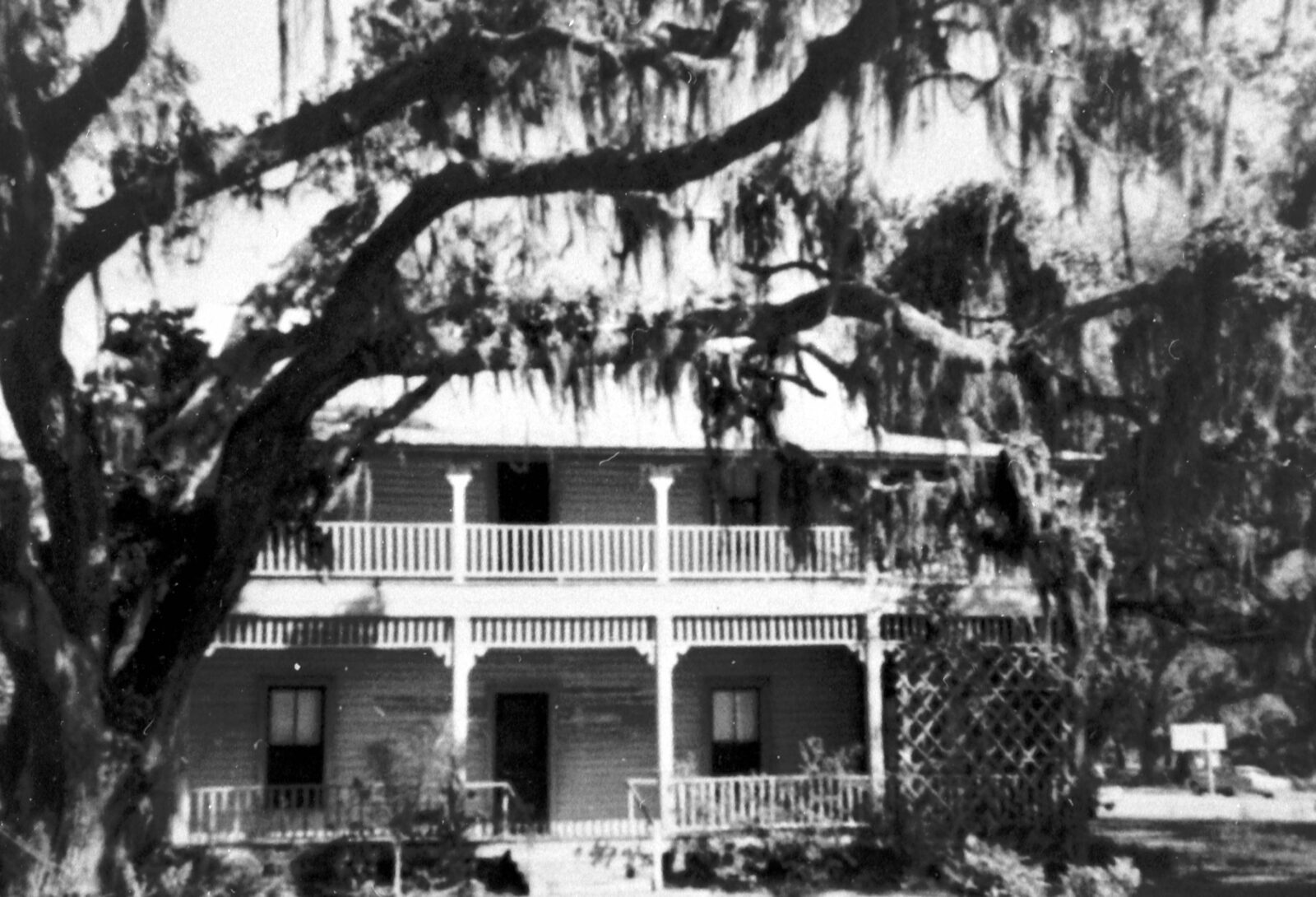Ellenton’s Past at Gamble

BY SARAH FISH
Ellenton is situated quietly to the north of Bradenton and though just over 3,100 people make up its population today, this small 4.8 square mile subset of Manatee County has an interesting history.
The land that makes up Manatee County was rapidly developed in the 1800s due to its thriving ports along the Manatee River and the opportunities for trade and business development that came with it. However, during the Civil War,
the area saw considerable devastation to its homes and marketplaces, including Ellenton’s most historic building, the Gamble Plantation.
Major Robert Gamble Jr. acquired the land after the Seminole War ended in 1842 through the Armed Occupation Act. The new act allowed settlers to take land from the indigenous tribes, by force, if necessary, 160 acres at a time. Gamble eventually managed to accumulate around 3,000 acres of land along the Manatee River and turn it into the biggest sugar mill in South Florida; for a short
time.
The Gamble Plantation Mansion was originally built between 1845 and 1850 and was constructed and operated by nearly 200 slaves. Soon after, in 1856, Gamble was forced to sell his operation due to increasing debt and falling sugar prices. However, the mansion and land were abandoned by the new owners at the break of the Civil War in 1861. It then became occupied by Captain Archibald
McNeill, a famous Confederate blockade runner, according to Wikipedia.
During the close of the war, it was used to shelter Judah P. Benjamin, Secretary of War in Jefferson Davis’s Cabinet, from prosecution. He was one of the men accused of helping to plan President Lincoln’s assassination. He eventually fled to the Bahamas and then to England after which the home was again abandoned.
After the Civil War, the antebellum mansion was dilapidated, destroyed by Union Army raiders in 1864. Major George Patten, with his wife and 13 children, came from Savannah to purchase the property for renovation in 1870. Patten then named the area Ellenton, after his daughter Ellen, and platted the area for further development. The U.S. government officially declared Ellenton a post office site in 1881 and a few years later its first brick and mortar post office was built.
Ellenton continued to grow and rebuild over the years, but Major Patten could no longer maintain the costs of owning the property and it ended up at auction for back taxes. Eventually the Gamble Mansion fell into an even further state of disrepair. Between 1920 and 1925, a fertilizer company even stored manure in it. Further damage was caused when the great hurricane of 1926 smashed into the mansion, destroying parts of it, according to the Palm Beach Post.
In 1925, the United Daughters of the Confederacy purchased the Gamble Mansion and donated it to the state to serve as a memorial to Judah Benjamin. It has since been renovated and restored to reflect how the home looked when it was first built.
Today, the Gamble Mansion and its grounds are open to walking tours by the public and serve as a reminder of how life once was on a massive slave plantation. Visitors can explore the mansion from 8 a.m. to sundown. For more information on the Gamble Mansion or the City of Ellenton, visit
www.ellenton.com





Photos: Courtesy of Manatee County
Public Library Historical Digital Collections.
